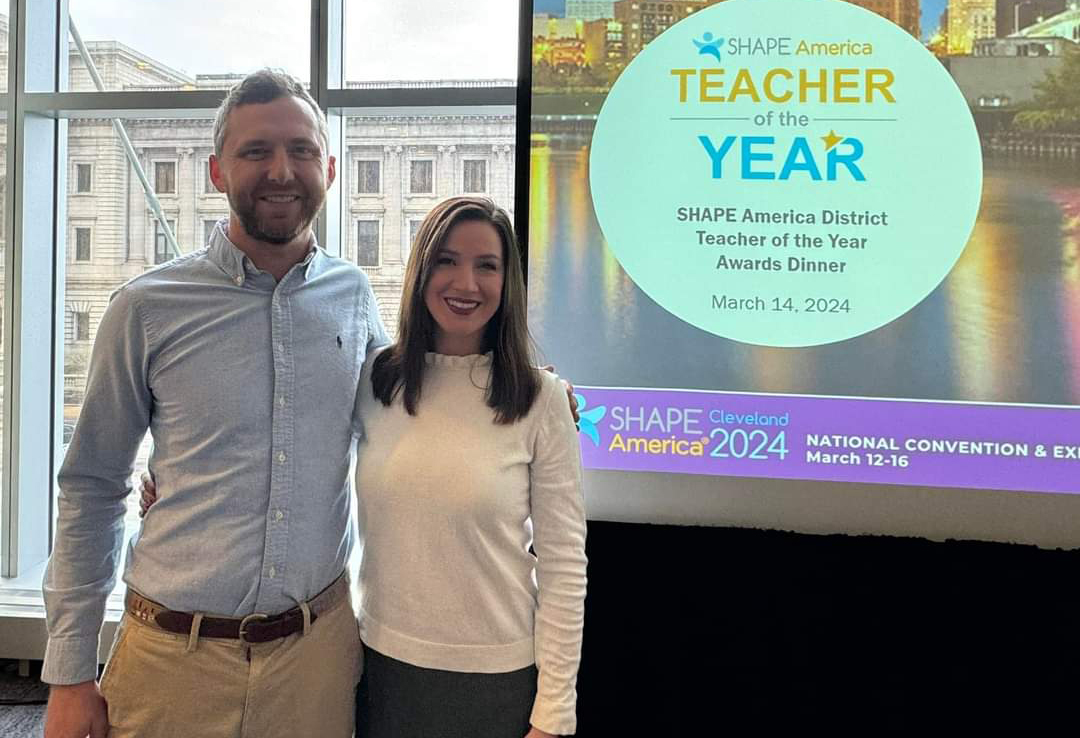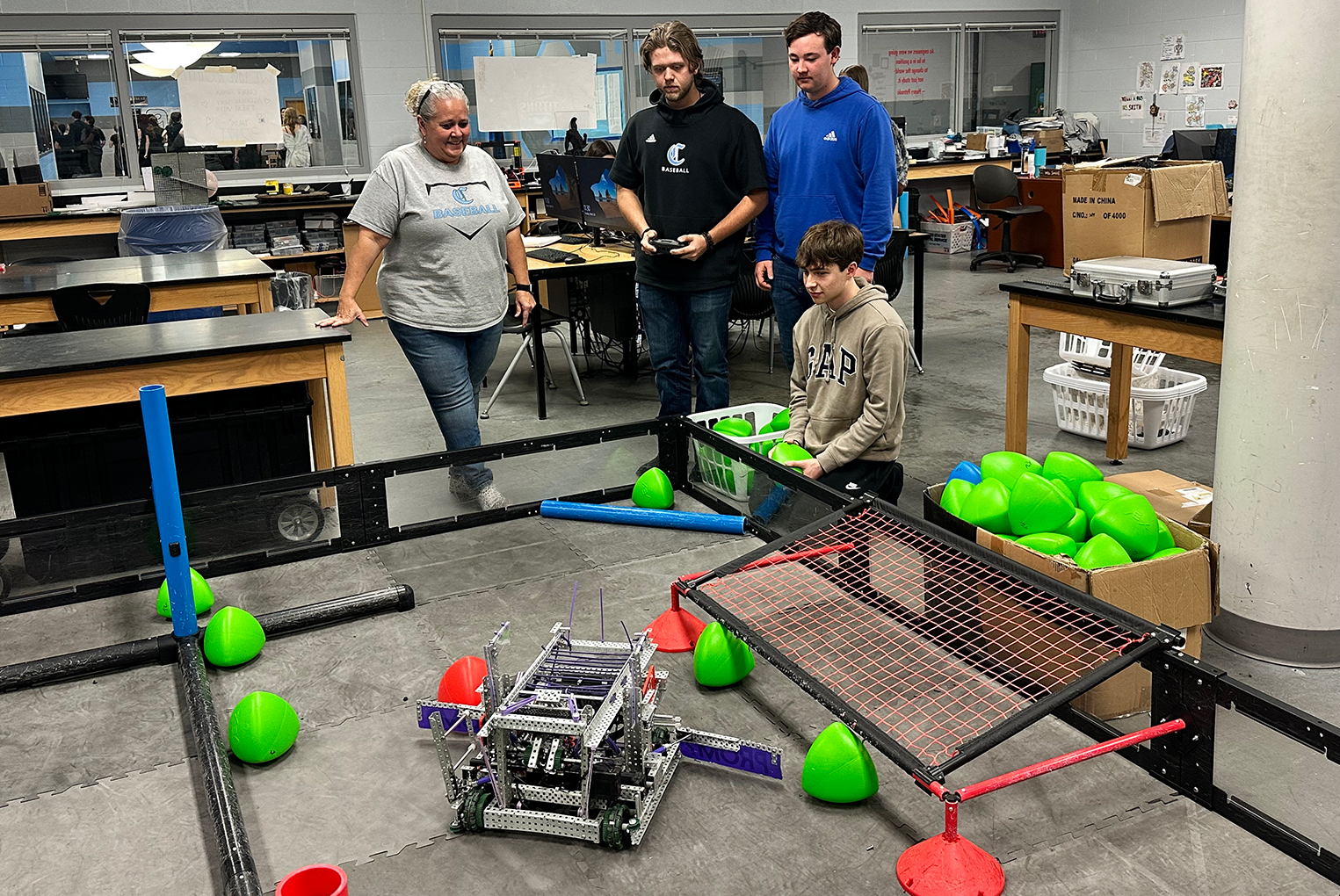By Brenna R. Kelly
Brenna.Kelly@education.ky.gov
Educators should be excellent on purpose.
That’s what former principal Baruti Kafele told more than 700 Kentucky educators recently during the Continuous Improvement Summit in Lexington.
“The intentionality of what we do is crucial,” said Kafele, who led turnarounds at four inner-city New Jersey schools before leaving the principal’s office in 2011 to become a motivational speaker, author and education consultant.
Educators need to be intentional about what students see, feel, hear and experience because those things matter and they matter more than content, Kafele said.
The climate, culture and brand of the school are what determine student achievement because those things affect students’ attitudes and students’ attitudes are what bring success, he said.
Attitude is what made the difference for Kafele. As a 9th-grader he dropped out of school only to be forced back by his mother. When he graduated with a 1.9 GPA, a guidance counselor told him he’d never amount to anything. And for five years, that’s what happened.
Then Kafele went to what is now Kean University in New Jersey and picked up Carter G. Woodson’s 1933 book “The Mis-Education of the Negro,” which contended that African-Americans were not being educated in American schools but rather conditioned to become dependent.
“From that point I began to soar,” he said. He graduated from college in two years with a 3.9 GPA.
His family, friends and teachers all wanted to know what happened to him, what had changed, he recalled.
“It’s very simple: I changed my attitude, I changed the way I saw myself, I changed the way I projected about my future,” Kafele said. “I changed my way of thinking and I became highly intentional.”
Likewise, if educators become intentional about being excellent, whether it’s with regard to their own attitudes, their expectations of their students, their instruction or the culture and climate of the school, students will respond, he said.
“By adding an attitude of nothing less than excellence to our practice every day,” Kafele said, “then we increase the probability exponentially that excellence will in fact occur.”
Among the things that educators should do is build relationships with their students so that students feel that teachers and administrators care about them personally, he said.
When he was principal, Kafele greeted students with a handshake and a positive message each morning.
“When young people hear that they are great, test scores soar,” he said. That’s true for both advantaged and disadvantaged students, he said.
Kafele won the Milken Educator Award in 2009 while principal of Newark Tech High School in New Jersey. During his tenure, the school was twice ranked as one of the nation’s best by U.S. News & World Report.
Positive reinforcement was part of the culture at Kafele’s schools. And he made it that way on purpose, he said.
Everything at a school should be intentional, Kafele said, down to the décor in the classrooms. Rooms should be reflective of students so that they feel wanted, comfortable and loved at school, he said.
Teachers and administrators need to examine the climate, or mood, of the school and culture inside the building because students, teachers and parents can feel those things as soon as they walk through the door, he said.
“Climate and culture trump academics, it trumps teaching and instruction every time,” he said. “Climate and culture will eat the best instructional strategies for breakfast.”
Instruction is still important, he said, but teachers need to make sure they aren’t just teaching and expecting students to learn. They need to intentionally create a memorable experience in the classroom every day, he said.
“So that that kid can’t wait to get back to school tomorrow, because there’s something magical about being in that classroom,” he said.
Teachers and administrators should also make sure that students also hear the message of intentionally being excellent from their teachers and administrators, he said.
“Not striving for excellence, not passionate about excellence, not the pursuit of excellence,” he said, “but being excellent on purpose.”




Leave A Comment